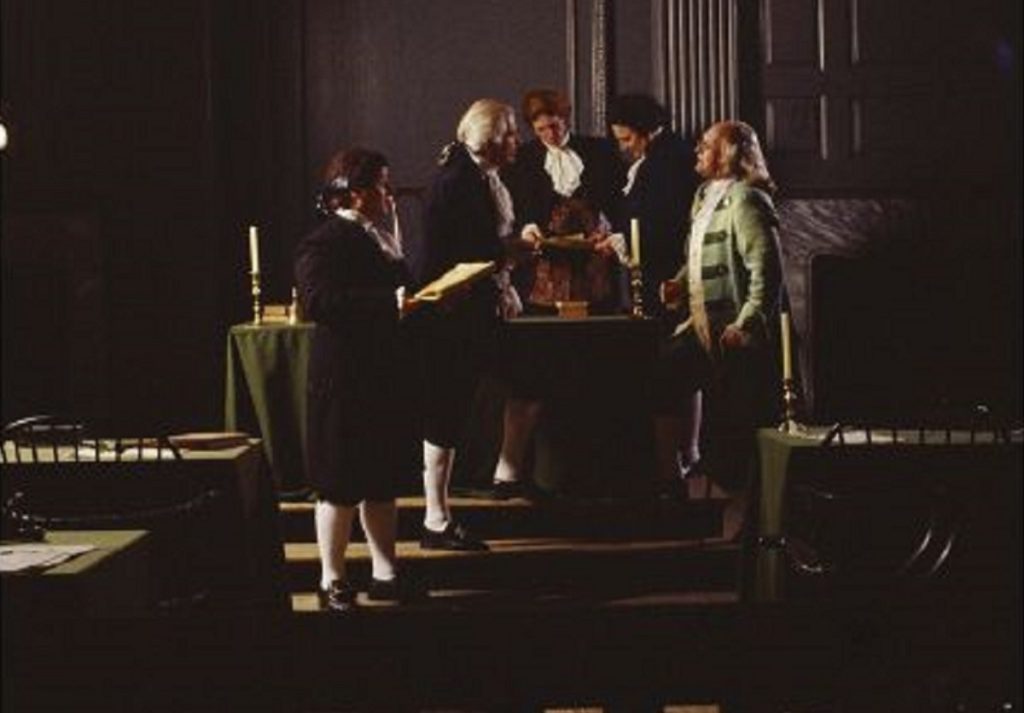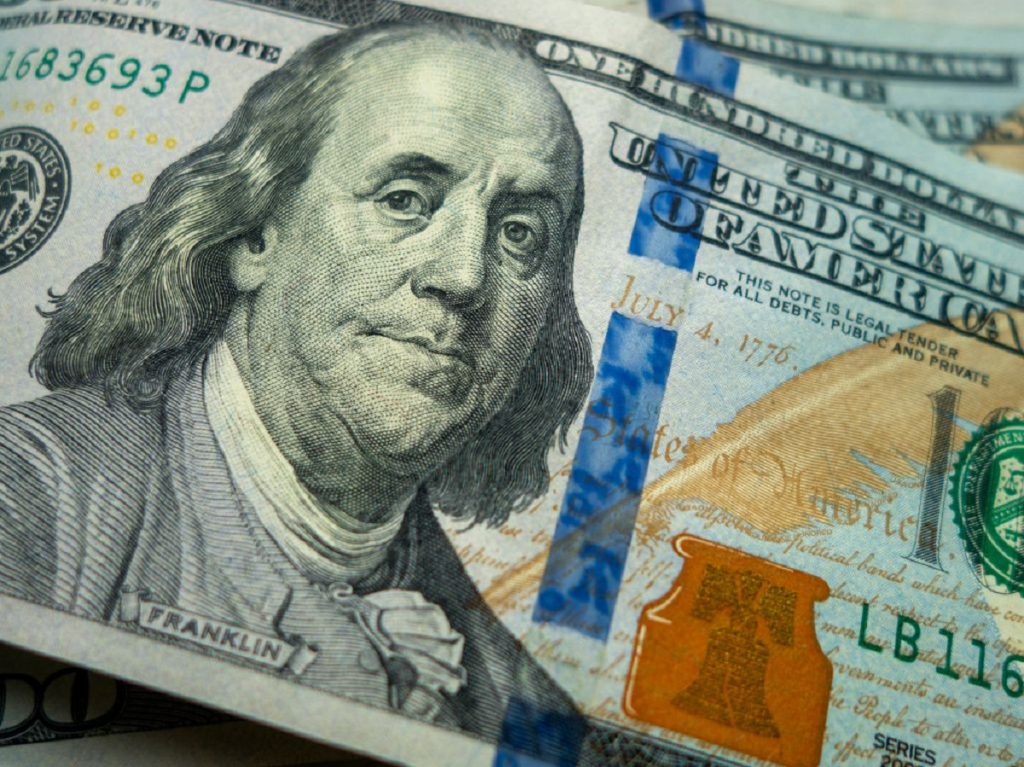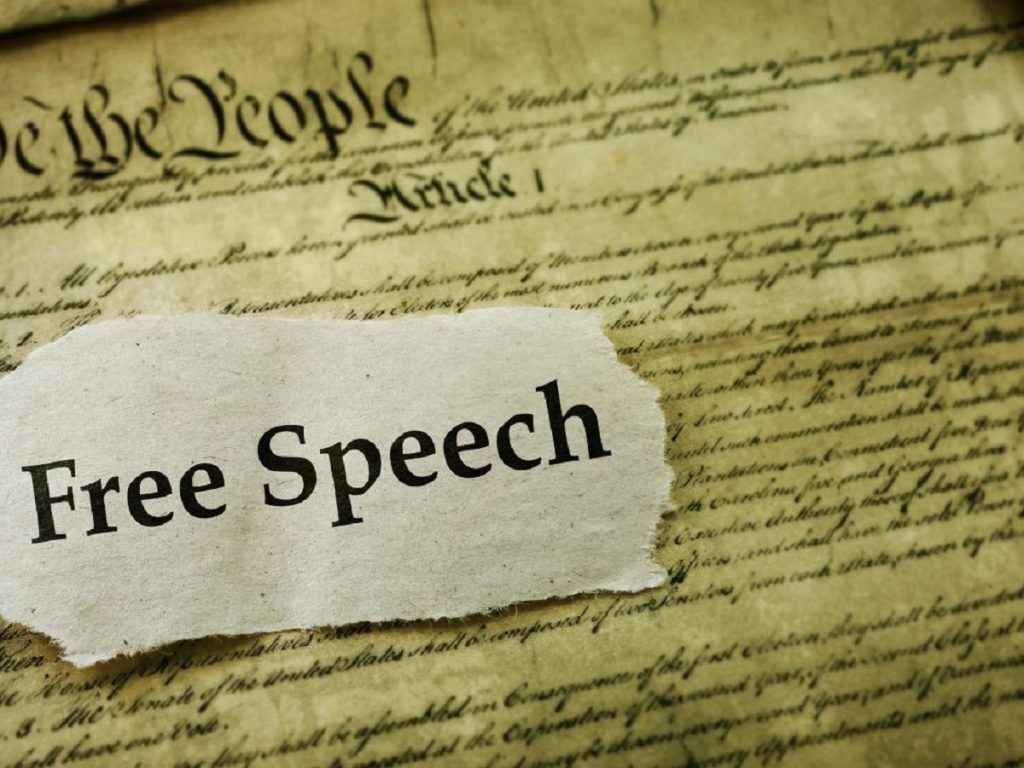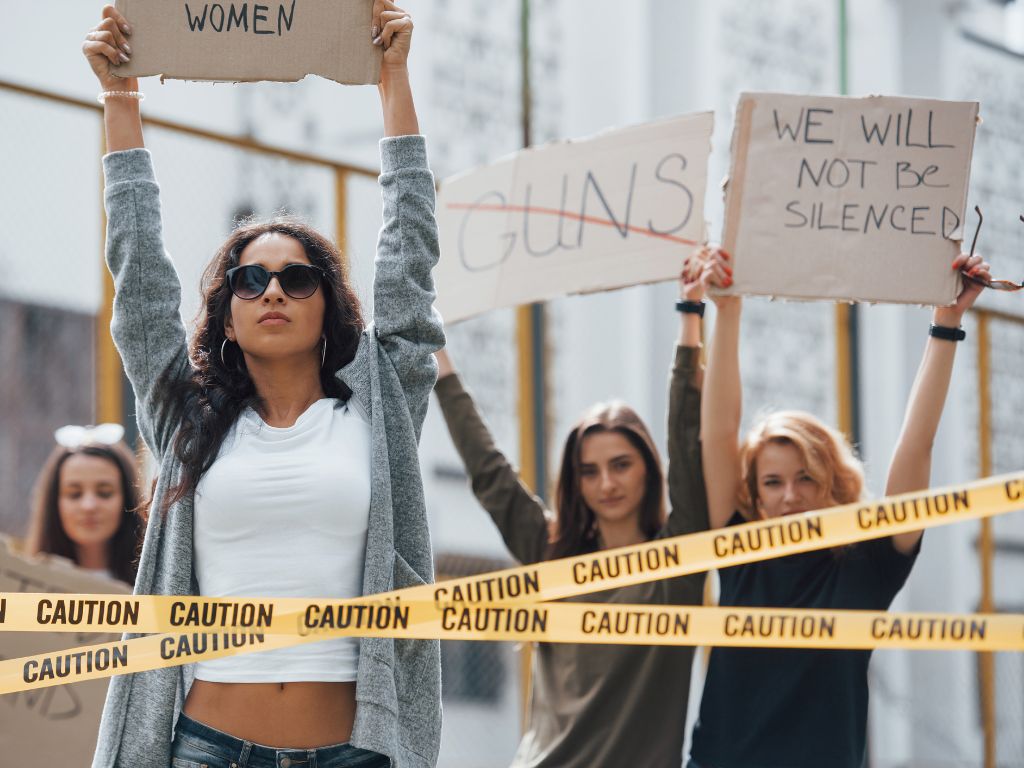Free speech is regarded in most places around the world as a fundamental human right that allows people to express their thoughts and ideas freely and without fear of reprisal. Censorship by governments and corporations and on social media violates the right to free speech.
Freedom of speech is a cherished principle that lies at the heart of democratic societies, allowing individuals to express their thoughts, ideas, and opinions without fear of censorship or persecution.
Throughout history, countless influential figures have articulated powerful statements about the significance of this fundamental right. From renowned philosophers to celebrated authors, their words resonate with the enduring value of free expression.
This article looks at famous quotes about freedom of speech, offering insight, inspiration, and a reminder of its vital role in shaping our world.
Is Free Speech A Right?
Influential Figures
Free speech is considered a fundamental right in many democratic societies, including the United States. Influential figures such as Benjamin Franklin, George Washington, and Thomas Jefferson played instrumental roles in shaping the concept of free speech as a cornerstone of American democracy. It is enshrined in the United States Constitution, protected by the First Amendment, and affirmed by the Supreme Court.

Free speech encompasses the freedom of expression, allowing individuals to voice their opinions, thoughts, and ideas without fear of censorship or retribution. It is closely intertwined with the principles of a free press and the freedom of religion. Inspirational quotes from figures like Salman Rushdie, Soren Kierkegaard, and William O. Douglas emphasize the importance of free expression in fostering a vibrant and diverse society.
A Cornerstone Of Civil Rights
Recognized as a cornerstone of civil rights, free speech and the freedom of the press empower individuals to demand the preservation of their rights and to challenge oppressive systems. As Franklin D. Roosevelt aptly stated, “We must scrupulously guard the civil rights and civil liberties of all citizens, whatever their background.”
Freedom of speech also ensures that minorities have a platform to be heard and participate in public discourse, as eloquently advocated by James Madison.
While some limitations exist, such as restrictions on obscenity and speech that incites violence, the principle of free speech remains a cherished value. John Milton famously remarked, “Give me the liberty to know, to utter, and to argue freely according to conscience,” underscoring the importance of open dialogue.
John Stuart Mill echoed this sentiment, stating that free speech encourages the clash of ideas, leading to intellectual growth and societal progress.
Is Any Limit On What Is Said A Violation Of Free Speech
What If It Is Hate Speech, False Information, Dangerous, Or Pornographic?
While the concept of free speech is cherished in American history and celebrated by the founding fathers like Franklin, Washington, and Jefferson, it is not without its limitations. The American understanding of free speech does not extend to certain types deemed harmful or dangerous.
Benjamin Franklin himself stated, “Freedom of speech is a principal pillar of a free government; when this support is taken away, the constitution of a free society is dissolved.” Therefore, hate speech, false information, dangerous rhetoric, and pornographic content are not in the realm of protected address in the United States.
The Supreme Court has established that certain restrictions can be placed on speech that incites violence or directly threatens public safety.

Is Free Speech Not Recognized In Some Countries?
Regrettably, freedom of speech is not universally recognized in all countries. Many nations impose restrictions on expression and thought, curtailing the ideals espoused by Benjamin Franklin and enshrined in the United States Constitution.
Countries such as China, North Korea, and Iran severely limit freedom of expression, suppressing dissent and stifling public discourse. Individuals in these nations often face severe consequences when they demand freedom of speech, speak out against the government, or express controversial opinions.
In the words of Voltaire, “I disapprove of what you say, but I will defend to the death your right to say it.” Unfortunately, such an embrace of free speech is not found in these repressive regimes.
What Are Some Quotes About Freedom Of Speech?
Here are some famous and evocative freedom of speech quotes:
- “Freedom of expression is the foundation of human rights, the source of humanity, and the mother of truth.” – Alan Dershowitz
- “If liberty means anything at all, it means the right to tell people what they do not want to hear.” – George Orwell
- “In the United States, the majority undertakes to supply a multitude of ready-made opinions for the rest of us.” – Mark Twain.
What Are Some Good Free Speech Quotes For A Speech?
A fitting quote for a speech on free speech could be: “Without freedom of thought, there can be no such thing as wisdom, and no such thing as public liberty without freedom of speech.” – Benjamin Franklin.
When delivering a speech on the topic of free speech, consider using the words of Frederick Douglass: “To suppress free speech is a double wrong. It violates the rights of the hearer as well as those of the speaker.”
This quote emphasizes that curtailing free speech not only infringes upon the speaker’s rights but also deprives the listeners of the opportunity to engage with diverse perspectives and form their own opinions.
What Is A Quote About Taking Away Freedom Of Speech?
Numerous influential figures have provided insightful quotes about freedom of speech throughout history. Winston Churchill remarked, “Everyone is in favor of free speech. Hardly a day passes without its being extolled, but some people’s idea is that they are free to say what they like, but if anyone else says anything back, that is an outrage.” Similarly, Evelyn Beatrice Hall wrote, “I disapprove of what you say, but I will defend to the death your right to say it.” These quotes highlight the importance of defending free speech even when disagreeing with the expressed opinions.
Former Supreme Court Justice Oliver Wendell Holmes famously stated, “The most stringent protection of free speech would not protect a man in falsely shouting fire in a theater and causing a panic.”
This quote highlights that while free speech is essential, circumstances exist where it may be restricted to prevent harm or chaos. It underscores the principle that removing freedom of speech may be justifiable when there is a clear and imminent danger.

Is Hate Speech Free Speech?
Regarding hate speech, the distinction between protected speech and hate speech can be complex. While hate speech may fall outside the boundaries of protected speech, the line can be subjective and context-dependent.
Noam Chomsky offers insight into this matter, stating, “If we don’t believe in freedom of expression for people we despise, we don’t believe in it at all.” Chomsky’s quote reminds us that even though we may find hate speech abhorrent, defending free speech necessitates protecting the rights of those with whom we vehemently disagree.
What Are Some Quotes About Freedom Of Speech And The First Amendment?
- “Congress shall make no law respecting an establishment of religion, or prohibiting the free exercise thereof, or abridging the freedom of speech, or of the press.” – First Amendment to the United States Constitution.
- “If freedom of speech is taken away, then dumb and silent we may be led, like sheep to the slaughter.” – George Washington.
- “I disapprove of what you say, but I will defend to the death your right to say it.” – Evelyn Beatrice Hall (often attributed to Voltaire)
- “Freedom of speech is a principal pillar of a free government; when this support is taken away, the constitution of a free society is dissolved.” – Thomas Jefferson.


